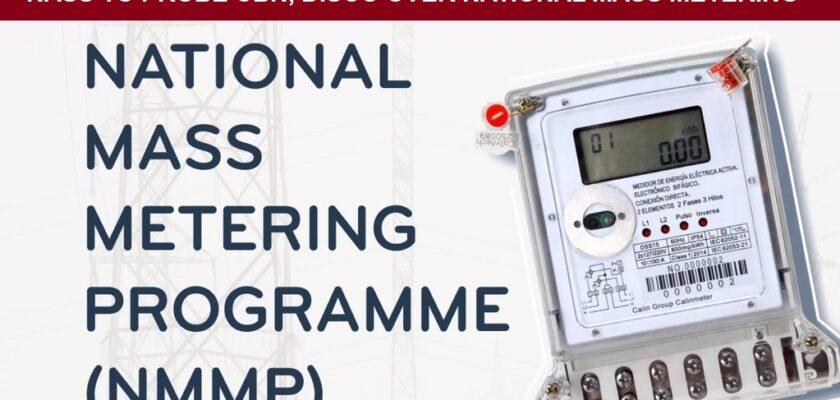The House of Representatives Committees on Power, Banking Regulations, Rural Electrification Agency, Housing and Habitat have been given instructions to look into how money was disbursed and used under the National Mass Metering Programme (NMMP) by the Central Bank of Nigeria (CBN), and to determine how much adherence was implemented with the terms and conditions of loans.
Additionally, the House asked the Federal government to give the Power Sector Recovery Programme, which offers a blueprint for long-term, sustainable power sector reform priority implementation. A comprehensive report on the execution of the NMMP, including the quantity and type of loans disbursed, as well as their status, was also requested by the legislators from the CBN.
It requested a thorough evaluation of the Discos’ performances in metering consumers and doing away with rstimated billing from the Nigerian Electricity Regulatory Commission (NERC).
The motion on the necessity of looking into the money that the CBN loaned to the licenced power Discos under the NMMP, made by Hon. Uchenna Okonkwo on Thursday, was adopted before the resolutions. Okonkwo pointed out that the NMMP was established by the federal government via the CBN in order to give money to the licenced Discos in the form of loans in order to enhance customer metering and do away with approximated billing.
Various Discos have been accused of mishandling, failing to follow the terms and conditions of the loans they issue under the NMMP, and making inconsistencies and underperformance that prevent the NMMP from accomplishing its goals.
“The CBN’s inadequate supervision, monitoring, and assessment of funds distributed under the NMMP raises concerns as it has facilitated corrupt practices, diversion, and misappropriation of public funds,” the statement reads.
However, the House directed its committees on Banking Regulations and Power to look into instances of mismanagement, inconsistencies, and failure to abide by the terms and conditions of the loans that were disbursed as part of the programme.
In addition, it is anticipated to assess the degree of supervision, tracking, and assessment of the application of funds distributed by the bank under the programme and make recommendations for actions to

